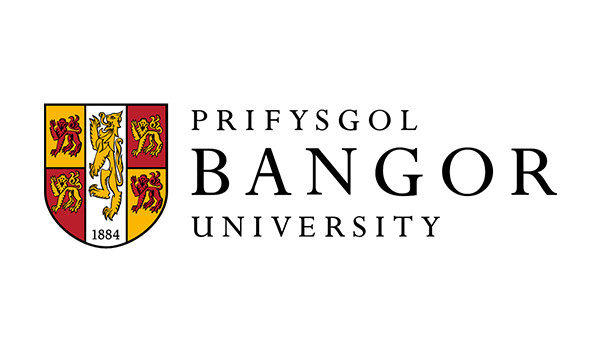UK120 MSc Finance Bangor University
-
THÔNG TIN CHUNG
The ever-changing nature of financial markets, financial institutions and business firms, has made it increasingly important for finance experts including financial managers in multinational companies, investment analysts in securities firms, lending officers in banks and other financial institutions and traders in capital markets and dealing rooms - to have a clear understanding of the theory and practice relating to financial market operations and corporate financial strategy. Familiarity with the most recent developments in risk appraisal, portfolio analysis, the engineering of synthetic products, modelling techniques, financial analysis and valuation are essential requirements for all those involved directly in financial activities or who wish to gain a deeper understanding of this important area of business management.
The MSc and MA Finance programmes at Bangor offer you a unique opportunity to develop an appreciation of the causes and significance of current developments in the financial and corporate sectors, and to study advanced theory and practice relating to financial markets and the financial management of business firms.
Issues you will tackle as part of your MSc or MA Finance degree programme include:
- What are the relationships between risk and return governing investment in company shares and other derivative instruments?
- Can market risk be priced accurately?
- Can credit risk be priced accurately?
- Which factors are most likely to influence the evaluation and implementation of international investment projects?
- How can we calculate a suitable cost of capital to appraise the capital investment decision?
- How should institutional investors go about constructing a portfolio of assets to maximise returns on behalf of investors?
- How can we assess the investment performance of pension funds, insurance companies and unit trusts?
- How are futures, options, derivatives and swaps used to manage balance sheet and off-balance sheet risks?
- What are the key principles of international portfolio management in a world of fast and unpredictable movements in exchange rates?
- How can spreadsheets be used to develop financial models, and what techniques are required to obtain computational solutions to finance problems?
- What are the main features of financial engineering, and how can one asset be transformed into another?
- What are the design features of synthetic assets, and how do they help us to develop strategies for hedging risks?
- How can financial forecasts be used in business valuation, and what techniques should be used to improve trend analysis and interfirm comparison?
With these needs in mind, the MSc and MA Finance programmes at Bangor are designed to develop participants’ existing skills through a scheme of specialist advanced study. An important objective is to provide participants with relevant analytical training so that they are familiar with the latest theoretical and practical developments relating to corporate finance and the capital markets. These programmes provide a coherent theoretical framework for the various subject areas, but the emphasis throughout is on advanced practical application of financial techniques in a real-world setting.
The availability of parallel MSc and MA degrees in Finance allows you to choose between registering for a more technical MSc degree (including a compulsory element in Financial Econometrics), and a less technical MA degree (for which Financial Econometrics is optional). The MSc degree may be more suitable for applicants with some previous background in mathematics, statistics or econometrics, while the MA degree is more suitable for applicants who prefer to adopt a predominantly non-quantitative approach to their studies. However, both degrees include a compulsory module in Research Methods, which includes coverage of both quantitative and non-quantitative research techniques. Provided you are registered for the correct modules for your chosen degree, it is normally possible to transfer between the MSc and MA degrees during the first few weeks following your initial registration.
-
ĐIỀU KIỆN ĐẦU VÀO
Entry to the MSc Finance requires a 2(ii) undergraduate degree in a relevant subject, e.g. economics, finance, accounting or management from a university, or a similar qualification from any other institution. Alternatively, possession of a suitable professional qualification and relevant practical experience may also be accepted. In general, however, applicants are judged on their individual merits and age, work experience and other factors are also considered. Bangor University also offers International Incorporated Masters Degrees for International students whose academic credentials are different from those outlined above. The first year is studied at the Bangor International College , an embedded College on our University campus and delivered by Oxford International Education Group.
- ĐIỀU KIỆN NGÔN NGỮ
- HỌC BỔNG
- ĐỊA ĐIỂM
Tóm tắt
-
Phí ghi danh
0
-
Độ dài khoá học
1 năm
-
Kỳ nhập học
Tháng 1
Tháng 9
Phí Cơ Bản
-
Loại Tiền
-
Học Phí
Trên năm -
Phí Sinh Hoạt
Trên năm -
Tổng






